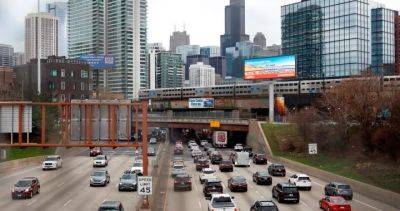Its economy and infrastructure battered, can Lebanon afford a war with Israel?
The ferocious exchange of fire by Hezbollah and the Israeli military is raising fears of a regional war beyond the tense border
BEIRUT — The ferocious exchange of fire by Hezbollah and the Israeli military is raising fears of a regional war beyond the tense border.
The risks for Lebanon are far greater than in 2006, when a monthlong war with Israel ended in a draw. Lebanon has struggled with years of political and economic crises that left it indebted, without a stable electricity supply, a proper banking system and with rampant poverty.
And with Hezbollah’s military power significantly greater, there are concerns that a new war would be far more destructive and prolonged.
Can Lebanon afford any of it?
Since Hezbollah and Israel began firing rockets and drones at each other a day after the start of the Israel-Hamas war in Gaza on Oct. 7, the conflict has been mostly limited to border towns. But with the threat of a wider war, Lebanon has scrambled to equip hospitals with supplies and prepare public schools to open up to people seeking shelter.
A rare Israeli airstrike in southern Beirut last month that killed a top Hezbollah commander set off a flurry of meetings between humanitarian organizations and the Lebanese government, said Laila Al Amine, who heads the Beirut office of international relief organization Mercy Corps. It's one of some 60 organizations helping the government with its relief efforts.
The government and U.N. agencies prepared a comprehensive response plan this month outlining two possible scenarios: a limited escalation that would resemble the 2006 war, with an estimated 250,000 people displaced, and a worst-case scenario of “uncontrolled conflict” that would displaced at least 1 million people.
T
Read more on abcnews.go.com























